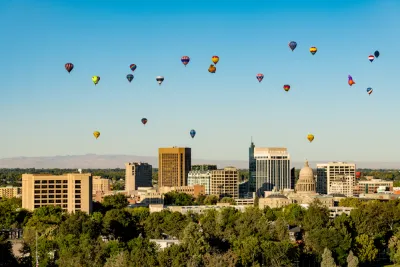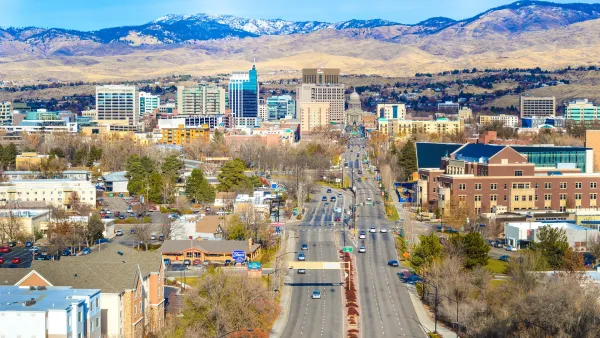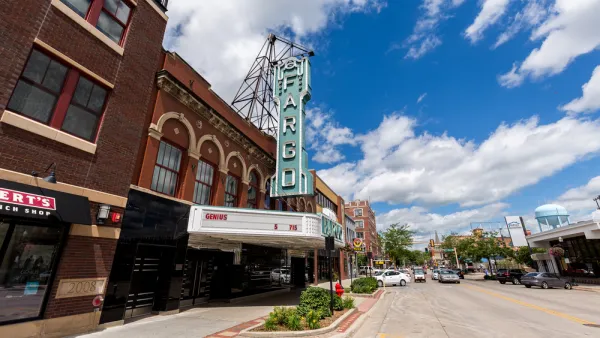An economist identifies the growth in nine U.S. cities—scattered from Utah to Texas, Arizona, Washington, and Idaho—as similar to the economic power generated in parts of Asia.

According to the premise of an article by Alan Cole, the 2017 GOP tax law and the COVID-19 pandemic opened an opportunity for cities offering "attractive amenities at more reasonable prices" compared to traditionally expensive cities like San Francisco and New York.
"Out of America’s 100 largest metropolitan areas, nine have experienced home price growth of more than 50 percent since late 2017 when the tax bill was signed into law," according to Cole, who then names Boise, Spokane, Austin, Phoenix, Tucson, Colorado Springs, Salt Lake City, Ogden, and Provo.
"These somewhat smaller metropolitan areas, largely located in the Mountain West, had a variety of advantages: reasonable prices, a growing high-tech economy, good weather or natural beauty, and relatively lower state and local taxes," according to Cole.
The cities were already on the upswing prior to 2017, but the changes since then have prompted Cole to compare the cities to the Asian Tiger economies of Hong Kong, Singapore, Taiwan, and South Korea.
"The nine American cities that I will call the Mountain Lion economies are playing an analogous role in contemporary American economic geography," writes Cole. "While they are generally too small to replace America’s largest economic hubs, and they are unlikely to become as expensive, they are nonetheless undergoing radical change and experiencing a rapid upswing in housing demand."
Cole also credits some of the growth in the Mountain Lion economies to overflow from expensive cities in California—namely, Los Angeles and San Francisco. Cole also builds a larger argument that includes an analysis of the characteristics of the Mountain Lion cities that provide long-term advantages—like beautiful natural environments, high quality universities, and cheaper housing than U.S. superstar cities.
FULL STORY: The Mountain Lions: these nine cities boomed in the COVID era

Analysis: Cybertruck Fatality Rate Far Exceeds That of Ford Pinto
The Tesla Cybertruck was recalled seven times last year.

National Parks Layoffs Will Cause Communities to Lose Billions
Thousands of essential park workers were laid off this week, just before the busy spring break season.

Retro-silient?: America’s First “Eco-burb,” The Woodlands Turns 50
A master-planned community north of Houston offers lessons on green infrastructure and resilient design, but falls short of its founder’s lofty affordability and walkability goals.

Test News Post 1
This is a summary

Analysis: Cybertruck Fatality Rate Far Exceeds That of Ford Pinto
The Tesla Cybertruck was recalled seven times last year.

Test News Headline 46
Test for the image on the front page.
Urban Design for Planners 1: Software Tools
This six-course series explores essential urban design concepts using open source software and equips planners with the tools they need to participate fully in the urban design process.
Planning for Universal Design
Learn the tools for implementing Universal Design in planning regulations.
EMC Planning Group, Inc.
Planetizen
Planetizen
Mpact (formerly Rail~Volution)
Great Falls Development Authority, Inc.
HUDs Office of Policy Development and Research
NYU Wagner Graduate School of Public Service




























